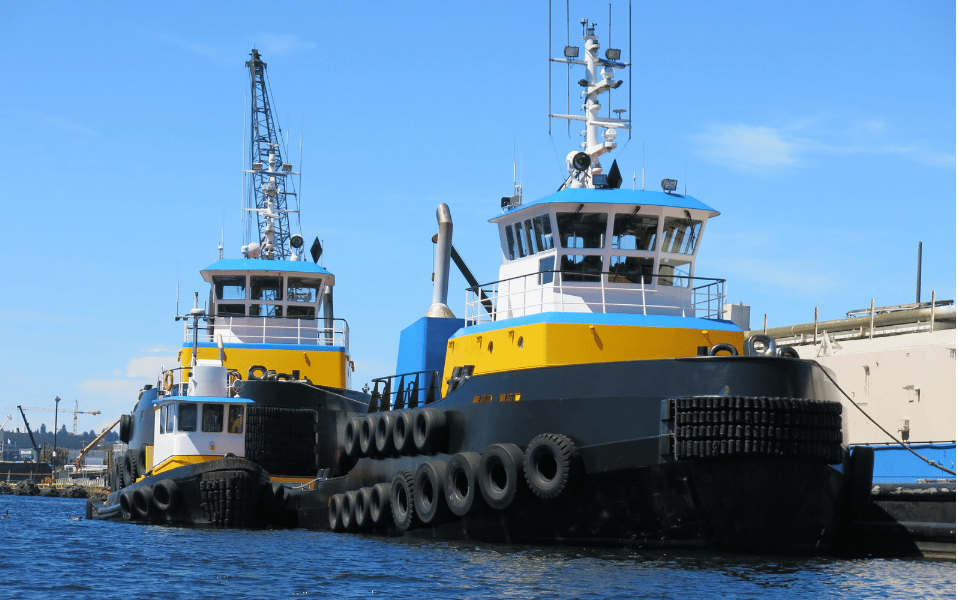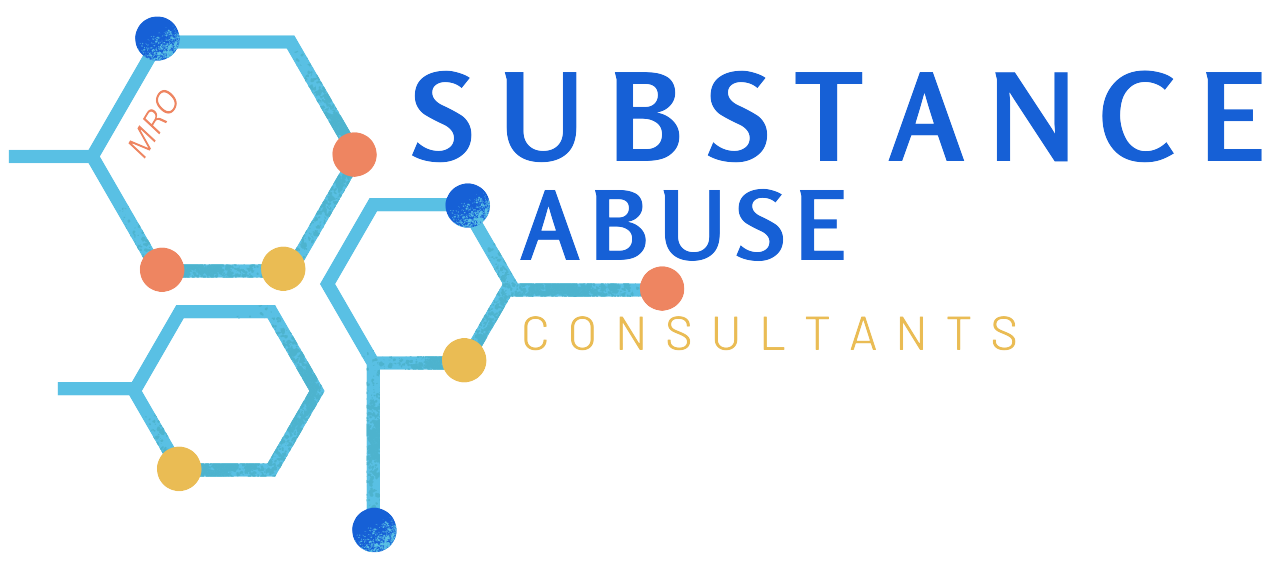
Tug Boat Drug Testing Compliance: What Tug Boat Crew, Captains, and Companies Need to Know
Tug boats are a vital part of the maritime industry, responsible for guiding and maneuvering larger vessels through narrow harbors, canals, and congested waterways. They also assist with towing barges and other vessels across rivers, lakes, and coastal waters. The precision and skill required for tugboat operations make them a critical asset in preventing maritime accidents and ensuring the safe transport of goods. Given the inherent dangers associated with working on the water, the U.S. Coast Guard (USCG) mandates strict substance abuse testing for tug boat crews and captains to uphold safety standards.
Why Tug Boat Jobs Are Considered Safety-Sensitive
The USCG designates maritime and boating work, especially roles like tug boat operations, as safety-sensitive due to the high-risk nature of the job. Tugboat crews are often exposed to hazardous conditions such as heavy machinery, extreme weather, and congested waterways. Even a minor error in judgment or reaction time can lead to catastrophic consequences like collisions, oil spills, or environmental damage. The USCG’s stringent drug and alcohol testing policies are designed to ensure that tug boat operators remain alert, focused, and fully capable of handling these challenges.
Understanding USCG Substance Abuse Testing Rules
For tug boat captains and crew members, compliance with USCG drug testing regulations is non-negotiable. Here’s what tug boat companies and crew members need to know:
- Pre-Employment Testing: All crew members, including captains, must pass a drug test before being hired. This is to ensure that no one begins working under the influence of any prohibited substance.
- Random Drug Testing: The USCG requires tug boat companies to participate in random drug testing programs. Random testing ensures that no crew member can predict when they might be tested, maintaining continuous compliance and deterring drug use. Moreover, membership in a random screening consortium helps ensure that all crew members are tested consistently and fairly, which supports a drug-free work environment and enhances overall safety. The consortium’s resources also include access to up-to-date regulatory information, training programs for recognizing substance abuse issues, and support for managing return-to-duty and follow-up testing processes. For tug boat operators and their crews, this means not only safeguarding their licenses and avoiding legal penalties but also fostering a culture of safety and accountability on the water. JOIN NOW –>
- Post-Accident Testing: If an incident or accident occurs involving a tug boat, the USCG requires drug and alcohol testing of all involved personnel. This testing must be conducted within specified time frames to determine whether substance use played a role in the event.
- Reasonable Suspicion Testing: Captains and supervisors must be trained to recognize signs of drug or alcohol impairment. If reasonable suspicion arises based on a crew member’s behavior, appearance, or performance, testing must be administered immediately.
- Return-to-Duty and Follow-Up Testing: If a crew member tests positive for drugs or alcohol, they must complete a return-to-duty process, which includes counseling, treatment, and a negative drug test before resuming work. Additionally, follow-up testing may be required to ensure ongoing compliance.
Approved Substances and Testing Panels
Tug boat operators are subject to testing for the substances listed under the USCG’s five-panel drug test, which typically screens for marijuana, cocaine, opiates, phencyclidine (PCP), and amphetamines. Additional testing for alcohol impairment is also mandated under certain conditions, such as post-accident investigations.
Compliance is Critical for Tug Boat Companies
Non-compliance with USCG substance abuse testing regulations can result in severe penalties for tug boat companies, including fines, suspension of operations, and loss of licensing. Tug boat operators must partner with USCG-approved drug testing providers and consortiums to stay compliant with federal regulations. Maintaining a robust drug-free workplace policy and ensuring all employees are aware of the testing requirements is essential for safety, legal compliance, and the integrity of maritime operations.
Being part of a maritime consortium is a strategic way for tug boat companies to ensure they remain in compliance with USCG substance abuse testing rules and maintain their captains’ licenses in good standing. A maritime consortium, such as those managed by Substance Abuse Consultants, offers several key advantages. These consortiums provide comprehensive drug and alcohol testing programs that are designed to meet all federal requirements, including pre-employment, random, post-accident, and reasonable suspicion testing. By participating in a consortium, tug boat companies benefit from streamlined testing processes, reduced administrative burden, and expert guidance on maintaining compliance with regulations.
In summary, USCG’s drug testing oversight is crucial for maintaining safety in the maritime industry, where even small mistakes can have major consequences. Tug boat captains and crews must adhere to these regulations to protect not only themselves and their coworkers but also the environment and public safety.
